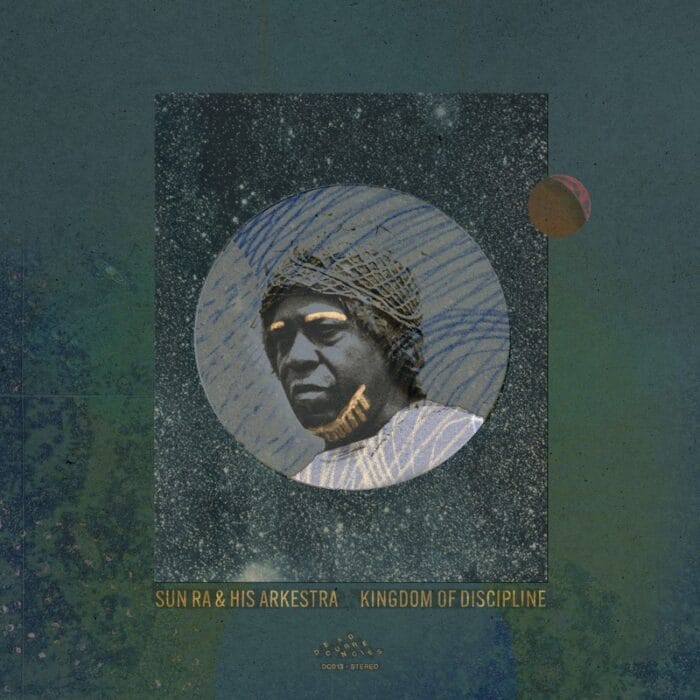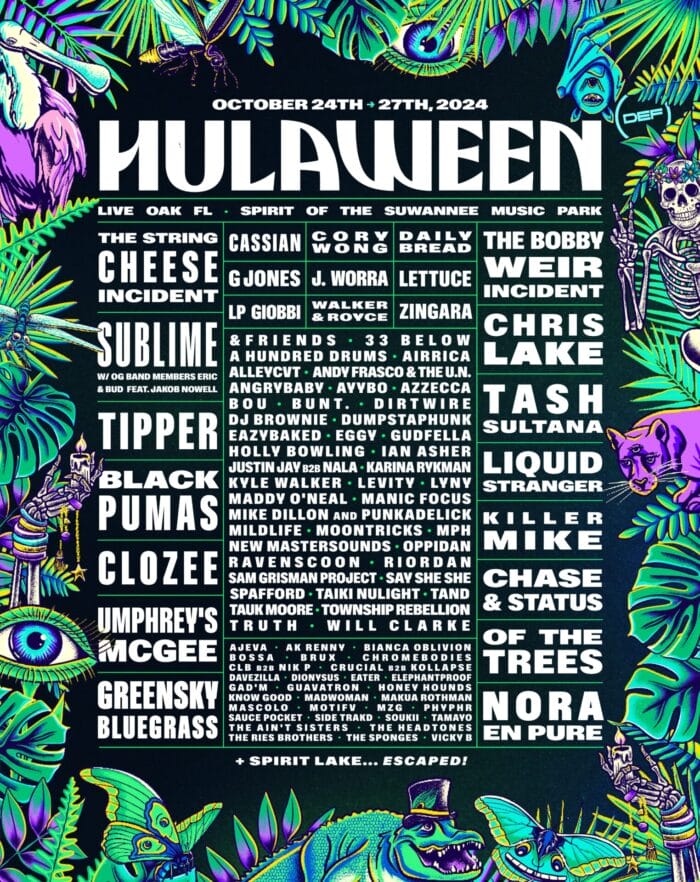A few days after the Sept. 16 arrest of Sean “Diddy” Combs on racketeering and sex trafficking charges, a book said to be based on diaries and notes from his late girlfriend, Kim Porter, became a best-seller on Amazon. (It was a best-seller within a certain category, which probably means it sold well but not hardcover-bookstore-best-seller well.) What’s really impressive is that the book did so well despite the fact that Diddy and Porter’s children say she didn’t actually write any of it.
The 60-page book, Kim’s Lost Words: A Journey for Justice, From the Other Side, was self-published under the name Jamal T. Millwood by Chris Todd, whose real name is apparently Todd Christopher Guzze. Todd has said the book is based on the contents of a flash drive, which he allegedly received from two people close to Porter and Combs, but he “didn’t ask too many questions about how they got it,” according to Rolling Stone. “If somebody put my feet to the fire and they said, ‘Life or death, is that book real?’ I have to say I don’t know,” said Todd, who says he’s a producer and journalist and hopes the book will lead other sources to come forward. (Journalists generally tend to ask too many questions.) “But it’s real enough to me.”
It would be hard to find a more ridiculous quote to describe the very serious problem that big media platforms have created. I have no idea how the book was written, of course, but Todd knows that’s not the point and presumably so do readers — it’s real enough to me, he says, so it’s real enough for them. (The story behind the book actually sounds more interesting than the book itself.) This sounds harmless enough until you realize that — wait a minute — that’s basically what Republican vice-presidential candidate JD Vance says about the claim that Haitian immigrants are eating pets in Springfield, Ohio. He heard it, then justified it as a way to call attention to a problem. (There is no evidence that anyone is actually eating pets, and the whole idea sounds racist.) Like Todd’s book, it certainly went viral. It was real enough for people — to the point that it has become an actual political issue.
Stories about scandals, real and exaggerated, are hardly new. (Diddy faces unrelated criminal charges; Porter died in 2018 of lobar pneumonia.) What is new, though, is the way online platforms create incentives to create and spread them. Amazon now sells more than a dozen books about Porter, including a “Kim Porter Coloring Book” and several books that use “lost words” in their titles. The speed and ease of selling books on Amazon’s open system has made Porter’s death a cottage industry. It’s gross — does anyone want to be memorialized by a coloring book? — and you can’t blame her kids for being upset. There’s money in it, though.
It’s a useful metaphor for streaming fraud. The problem isn’t that Amazon or online music services stand behind conspiratorial books or useless music with streaming numbers pumped up by bots — it’s that they don’t stand behind anything. Open platforms like these let people distribute their own art, which is promoted as a feature but might more often be a bug — a lot of what’s online is neither professional work nor hobbyist creations but rather get-rich-quick schemes of various kinds. Which is funny until it could affect an election.
The most common argument against this in the music business is that fraud takes money from artists, which is true, but it can be hard to get horrified about schemes to steam millions of fractions of pennies from thousands of artists. (Most of the book business works very differently, but dubious books do take money and attention that more legitimate books need.) Another argument is that low-quality material undermines the integrity of the system — consumers who hear lousy music and read dubious books might be less inclined to spend more money on such legitimate products.
The argument that ought to get more attention is that these kinds of products simply aren’t good for the overall experience platforms offer. Streaming services used to promote their vast selection, but at this point some of what’s uploaded just makes more popular music harder to find. The same applies on Amazon. A search for “Kim” and “Lost Words” brings up a half-dozen books — and even those who find and buy the one they want may be disappointed. Kim’s Lost Words has 98 reviews, which average out at three stars. Others have none at all. This doesn’t affect the value of other books, of course, but it could make them harder to find.
Any serious solution to this will involve changing the incentives. The current level of curation and enforcement won’t work once AI is more widespread. It’s one thing to sell a book that may or may not contain Porter’s words, but Amazon already sells 12. Are we ready for 12,000?
Making platforms easier to use will mean making tough choices, then pushing them down to distributors who will in turn push them down to individual uploaders. There are options, however: Platforms could hold uploaders responsible for content that hurts the user experience or pay out more to companies who have a better ratio of content users engage with compared to their total. That’s what I think — unless this all came from a flash drive someone gave me.




















